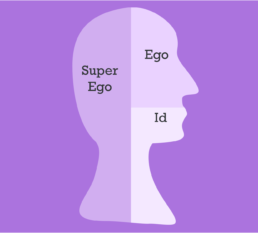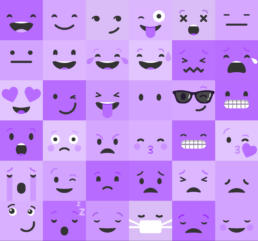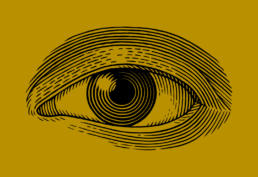Treatment Approaches
Psychodynamic &Psychoanalytic therapy
This approach helps you to better understand yourself and your unconscious forces that play a role in your current behaviors, thoughts, and emotions. Here we look at how the unconscious mind influences your thoughts and behaviors. We often look at your childhood experiences and how they may have shaped you, and how they contribute to your current actions. To understand the psychoanalytic approach is to be willing to discuss in-depth information. Through this approach in a very safe environment, your repressed experiences and emotions are brought to the surface and examined. By utilizing the psychoanalytical approaches, you will learn to get to know yourself as a whole and not be so misguided by your unconscious.


Psychodynamic &Psychoanalytic therapy
This approach helps you to better understand yourself and your unconscious forces that play a role in your current behaviors, thoughts, and emotions. Here we look at how the unconscious mind influences your thoughts and behaviors. We often look at your childhood experiences and how they may have shaped you, and how they contribute to your current actions. To understand the psychoanalytic approach is to be willing to discuss in-depth information. Through this approach in a very safe environment, your repressed experiences and emotions are brought to the surface and examined. By utilizing the psychoanalytical approaches, you will learn to get to know yourself as a whole and not be so misguided by your unconscious.

Integrative Therapy
Here we use a variety of therapeutic techniques and approaches to help you achieve a healthier version of yourself and your goals. Together, we will customize these techniques and tools to meet your goals and evolving needs. Here we get to know you and what has always worked for you. We take into consideration all of your individual characteristics, preferences, needs, physical abilities, spiritual beliefs, and motivational level; and use professional judgment to decide the best approach to therapy. Throughout our work, we may also be using several approaches repeatedly to better achieve your goals.
Imago Relationship Therapy
By utilizing the IMAGO approach in therapy, we become more aware of how our negative experiences and feelings from our childhood carry over into our adult relationships. Whether with your partner, a friend and even your child, the use of IMAGO methods can better improve your understanding of your reactions to others, and vice versa. You will also learn communication skills and expanding your capacity for empathy, because they are necessary ingredients to transform your individual self and your relationships. The goal of Imago Therapy is to stop blaming, criticizing, and negatively reacting to your partner or a child and, instead, becoming better at responding with empathy, active listening and understanding.

Mindfulness Based Cognitive Therapy
Mindfulness allows us to take a step back and check in with our thoughts, as we race through life with our daily responsibilities. MBCT will provide clarity to your thoughts and provide you the essential tools to let go of your negative beliefs. Mindfulness will help you observe and identify your feelings. Cognitive therapy will teach you to interrupt automatic thought processes. Here we focus on the present and how it can help us regain comfort and solitude from racing thoughts of the past or the future.
EMDR Therapy
Eye movement desensitization and reprocessing is a fairly new type of psychotherapy. It is growing in popularity when it comes to treating Post Traumatic Stress Disorder such as physical assault, rape, military combat, and accidents. It can also be used to minimize anxiety symptoms, panic attacks and addictions. At times EMDR can be applied in talk therapy, to minimize some of the arising issues that may take place during our sessions. EMDR uses a patient’s own rapid, rhythmic eye movements. These eye movements dampen the power of emotionally charged memories of past traumatic events.


EMDR Therapy
Eye movement desensitization and reprocessing is a fairly new type of psychotherapy. It is growing in popularity when it comes to treating Post Traumatic Stress Disorder such as physical assault, rape, military combat, and accidents. It can also be used to minimize anxiety symptoms, panic attacks and addictions. At times EMDR can be applied in talk therapy, to minimize some of the arising issues that may take place during our sessions. EMDR uses a patient’s own rapid, rhythmic eye movements. These eye movements dampen the power of emotionally charged memories of past traumatic events.